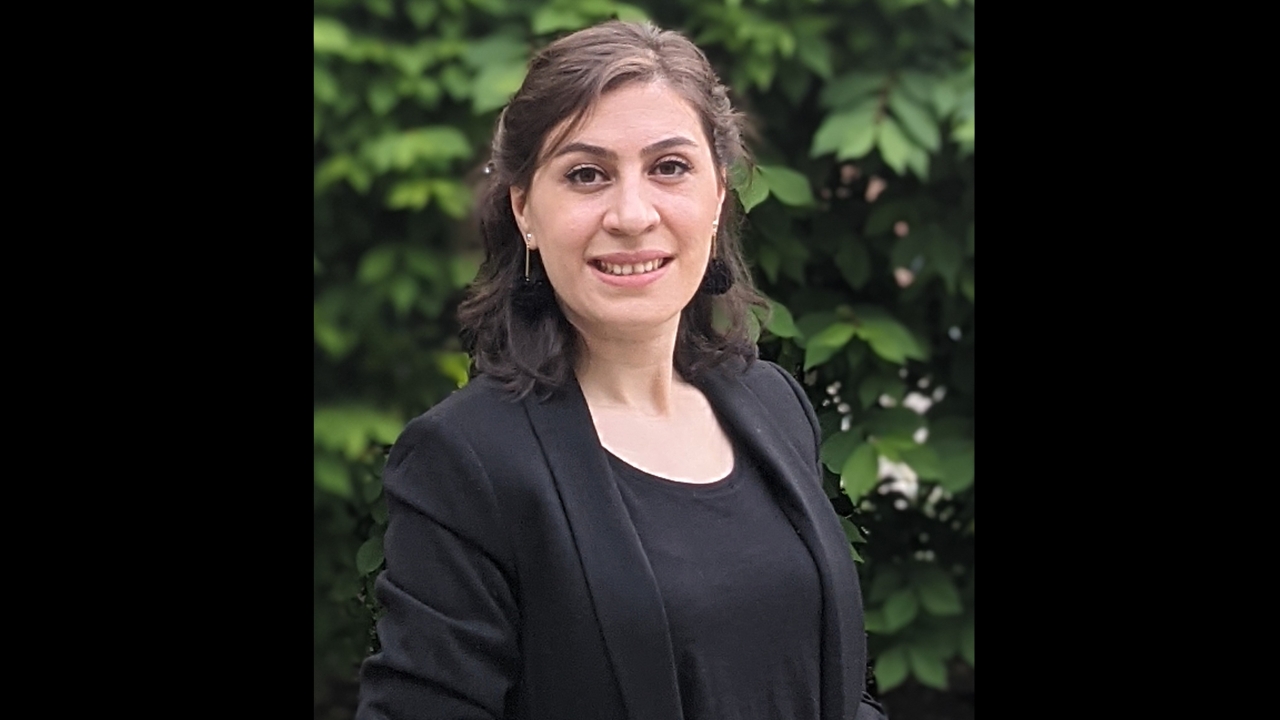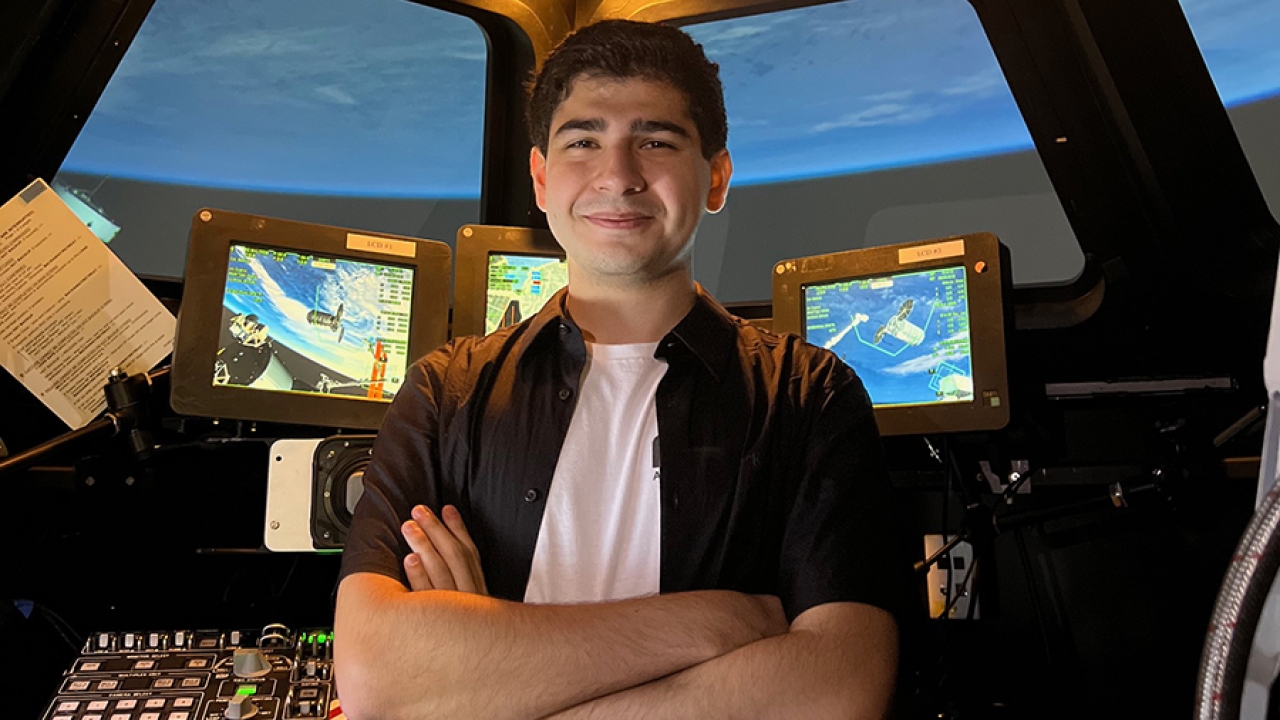
Dr. Sima Asadi Receives the 2021 Zuhair A. Munir Award
Dr. Sima Asadi is this year’s recipient of the Zuhair A. Munir Award for the best doctoral dissertation in the College of Engineering. She received her Ph.D. in chemical engineering from UC Davis in 2020 and is now a postdoctoral associate in the Department of Chemical Engineering at the Massachusetts Institute of Technology (MIT).
Asadi’s dissertation, “Airborne Infectious Disease Transmission via Expiratory Aerosol Particles and Aerosolized Fomites,” focuses on airborne infectious disease transmission.
Her research was done under the supervision of chemical engineering Professor William Ristenpart. They used several distinct disciplines including aerosol science, fluid dynamics, epidemiology and linguistics to shed light on various unanswered questions in the field of infectious disease transmission.
“I am very excited and honored to be the recipient of this prestigious award and very happy that the hard work of our team paid off. This award encourages me to work even harder towards my goals, and to contribute further to the science in the future,” said Asadi.
The main routes of respiratory infectious disease transmission among humans has long been a topic of debate. Respiratory diseases such as influenza, tuberculosis and COVID-19 are thought to mainly transmit through contact and airborne routes. Contact transmission can occur after direct contact with an infected individual, or an indirect contact with contaminated surfaces. Airborne transmission may occur by droplet and aerosol modes. In droplet mode of transmission, sprays of virus-laden respiratory droplets, such as from a cough or sneeze, immediately impact a susceptible individual to cause infection. In aerosol mode, a virus is transmitted by eventual inhalation of aerosol particles when an infected individual breathes, talks, coughs, or sneezes.
Asadi’s dissertation focuses primarily on the airborne route of infectious disease transmission. First, she investigates aerosol particle emission during human expiratory activities, focusing on human speech. She addresses what types of speech emit the most aerosol particles and how efficient masks and face coverings are in controlling the outward emission of such particles. Second, she provides evidence for a new mode of transmission, which is virus transport on airborne non-respiratory microscopic particles.
Asadi’s work has resulted in five first-authored publications and one in-preparation manuscript. Her work has also been internationally recognized by researchers from different fields and upon the onset of COVID-19 pandemic, received attention from the media and health organizations worldwide. Additionally, a paper she led in Ristenpart’s lab on disease transmission and speech was named one of AltMetric’s Top 100 papers of 2020.
Her current research at MIT is on the physics of formation of anisotropic alginate particles, which have a wide variety of applications in food, pharmaceutical and biomedical industries.
“UC Davis was the start of my new life as an immigrant in the United States, and indeed played a very important role in preparing me for my future career. UC Davis and the College of Engineering provided me with a very friendly, competitive and collaborative environment,” said Asadi. “I had the privilege of working under the supervision of Professor Ristenpart whose guidance, support and patience helped me become a better researcher.”
Zuhair A. Munir led the College of Engineering as dean from 2000 to 2002 and served as associate dean for graduate studies for 20 years. Established in 1999, the annual Zuhair A. Munir award honors the student who has submitted the best doctoral dissertation based on outstanding research conducted in the college. This award also acknowledges the mentorship of the recipient’s major professor(s).




